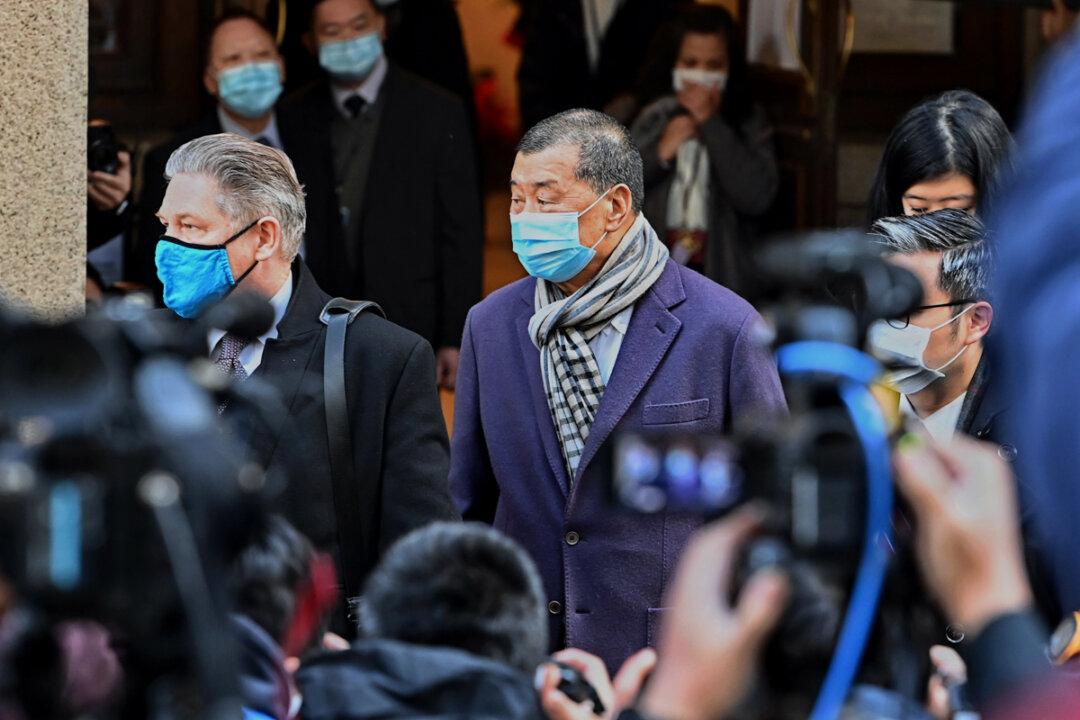Commentary
In recent weeks, the world has been gripped by the brutal Israel–Hamas conflict, marked by its violence and the absence of swift resolutions. Thousands have tragically lost their lives, casting a shadow of uncertainty over the region.

In recent weeks, the world has been gripped by the brutal Israel–Hamas conflict, marked by its violence and the absence of swift resolutions. Thousands have tragically lost their lives, casting a shadow of uncertainty over the region.